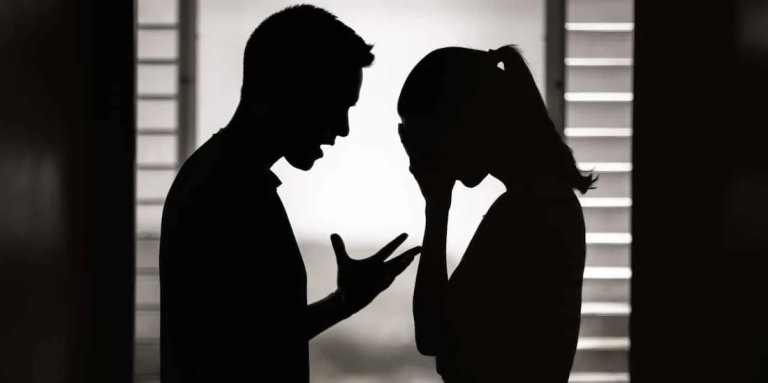

Dear Dr. Sami, I am reaching out because I’m struggling to process and move forward from a painful and confusing relationship. My ex-boyfriend threatened suicide multiple times during our relationship, especially when I tried to set boundaries or discuss ending things. He often used these threats to keep me from leaving, and I felt trapped by guilt and fear. Over time, his behavior escalated-he demanded constant access to my phone, pressured me into phone sex, and became physically violent during arguments. I now realize these were forms of control and abuse, but at the time, I was overwhelmed and unsure how to respond. Since ending the relationship, I’ve been haunted by guilt, anxiety, and self-doubt. I worry that I could have done more to help him, or that leaving made things worse for him. At the same time, I know I had to protect myself and that his actions were manipulative and harmful. I’m trying to rebuild my sense of self-worth, but I often feel isolated and ashamed for not recognizing the abuse sooner. How do I move past the guilt and fear that linger from this relationship? How can I trust myself again and build healthy boundaries in the future? I want to heal, but I’m not sure where to start. Any guidance you can offer would be deeply appreciated. Sincerely, Trying to Heal
Dear Trying to Heal,
Thank you for sharing your story and for trusting me with such a vulnerable and difficult experience. What you describe-suicide threats, controlling behavior, and violence-are all forms of emotional and physical abuse. It’s understandable that you feel guilt and fear, as abusers often manipulate their partners into believing they are responsible for the abuser’s well-being and actions.
First, please know that you are not to blame for your ex-boyfriend’s choices or threats. Using suicide as a means of control is a form of emotional manipulation and is never your responsibility to manage. It’s common for survivors to feel guilt or wonder if they could have done more, but your primary responsibility is to your own safety and well-being.
Rebuilding self-trust after abuse takes time and patience. Consider these steps:
- Acknowledge the Abuse: Recognizing that what you experienced was abuse is a crucial first step. This clarity can help you separate your ex’s actions from your own responsibility.
- Seek Support: Connecting with a therapist, support group, or trusted friends can provide validation and help process your emotions. Professional guidance is especially helpful in addressing trauma and rebuilding confidence.
- Practice Self-Compassion: Remind yourself that you did the best you could in a difficult situation. Healing is not linear, and it’s okay to have setbacks.
- Educate Yourself: Learning about the dynamics of abuse can help you understand why you felt trapped and why leaving was so difficult. Knowledge can empower you to set healthier boundaries in the future.
- Set Boundaries: Practice saying no and prioritizing your needs, even in small ways. Boundaries are essential for healthy relationships and self-respect.
- Focus on Healing: Engage in activities that bring you comfort and joy. Journaling, mindfulness, or creative outlets can help process emotions and foster resilience.
Remember, healing is a journey, not a destination. You are not alone, and reaching out for help is a sign of strength. With time, support, and self-care, you can move forward and build the healthy, fulfilling life you deserve.
Warmly,
Dr. Sami

05/01/25: Breaking Free from Guilt After Emotionally Abusive Relationship
04/15/25: International Student Fears Deportation Over Campus Protests
03/15/25: Love, Loss, and International Borders: A Green Card Holder’s Dilemma
02/15/25: Carrying the Weight of Silence: Time to Tell My Mother the Truth?
01/15/25: Friend, Boyfriend? Navigating Sensitive Areas with Your Adult Child
12/15/24: Love Without Borders: Facing Family Reaction to Interfaith Romance
11/15/24: How to Keep Family Safe Without Hurting Mother-in-Law’s Feelings
10/15/24: Balancing Compassion, Practicality: Sponsoring Family Member in Need
09/15/24: Dating, Health, Honesty: Should I Share STD Status with My Partner?
08/15/24: Breaking the Cycle: Take Control of Drinking to Save Your Marriage